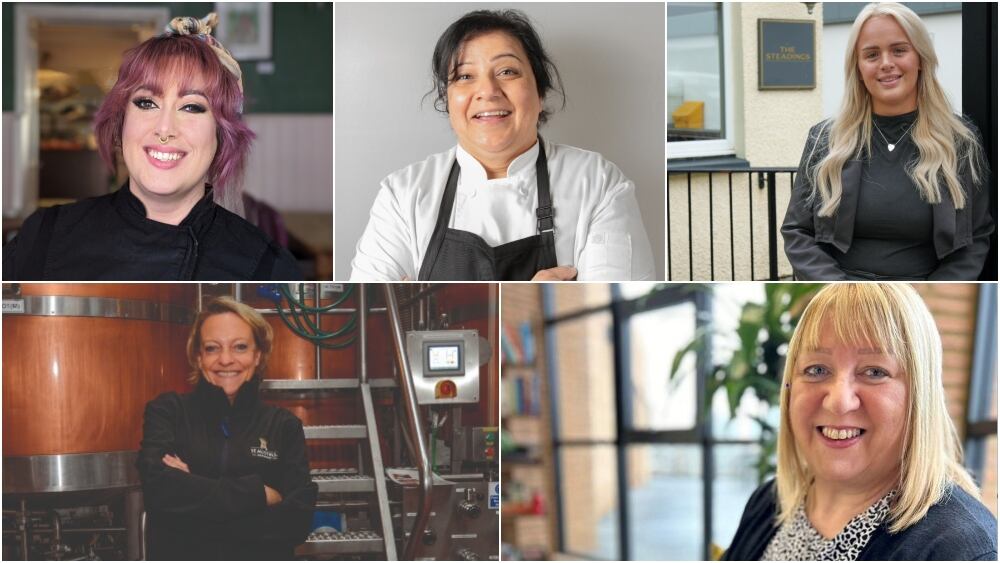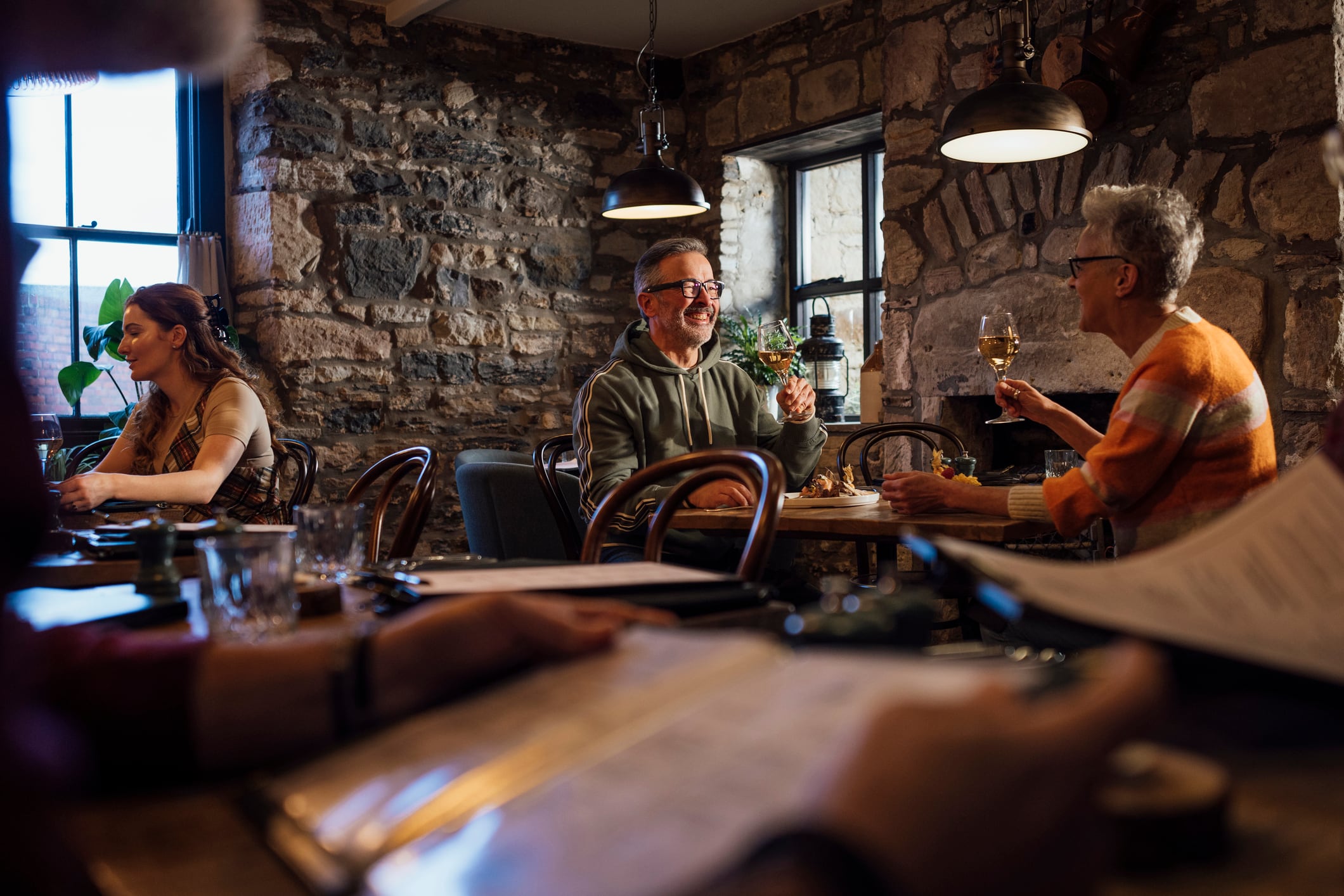Here are what some of the industry’s very best state what needs to happen to achieve full gender equality quicker:
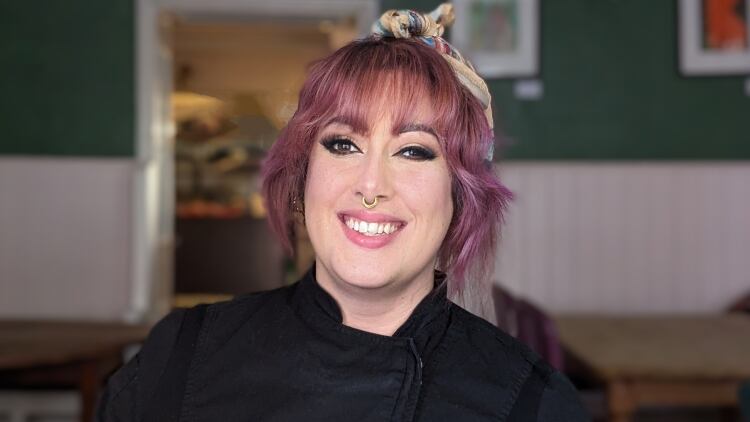
Ayesha Kalaji, chef-owner, Queen of Cups, Glastonbury
The industry is in dire need of immediate change.
We risk losing some exceptional talent if we do not strike while the iron is hot – and it has never been hotter!
To help accelerate action we need a multipronged approach, as this is going to require a total cultural and systemic change.
The movement cannot just come from women. In an historically male-dominated industry, we need men to be allies, to question their colleagues when they say inappropriate things, to stand alongside their female compatriots, to challenge antiquated ideas.
For too long, women have been told not to complain or to stay quiet. Sexual assault, harassment and bullying has been swept under the rug. We must scrutinise it in the light of day and not shy away from challenging it. Only then will we see real change.
To be a chef is not to be a bully, or to be cruel, or to be tougher than everyone else. It is to love food. It is the deep-seated desire to feed and to create. This should never be judged by what is between your legs.
Chefs from every part of the industry need to work together to challenge the status quo. I’m not calling for a witch hunt, but instead, for organised action. Furthermore, it has to come from the top. We need to see more women in management, we need to see awarding bodies recognising women, celebrating them, encouraging them.
The media has a part to play too in ensuring female chefs are seen at the forefront for their talent and abilities. A nationwide publication recently branded female chefs as outraged and posted less than flattering photos of the female chefs in question. All the while they posted a brooding, mysterious photo of a male chef. Can you see the disparity? This is all too common.
When we dare raise our voice women are labelled as emotional, angry or hormonal. The media has to take accountability for perpetuating this idea and make a concerted effort in changing how it represents women.
I don’t propose favouritism. I propose equity and equality. I propose a healthier and happier industry for all, because when we work together, when everyone is included, we will thrive.
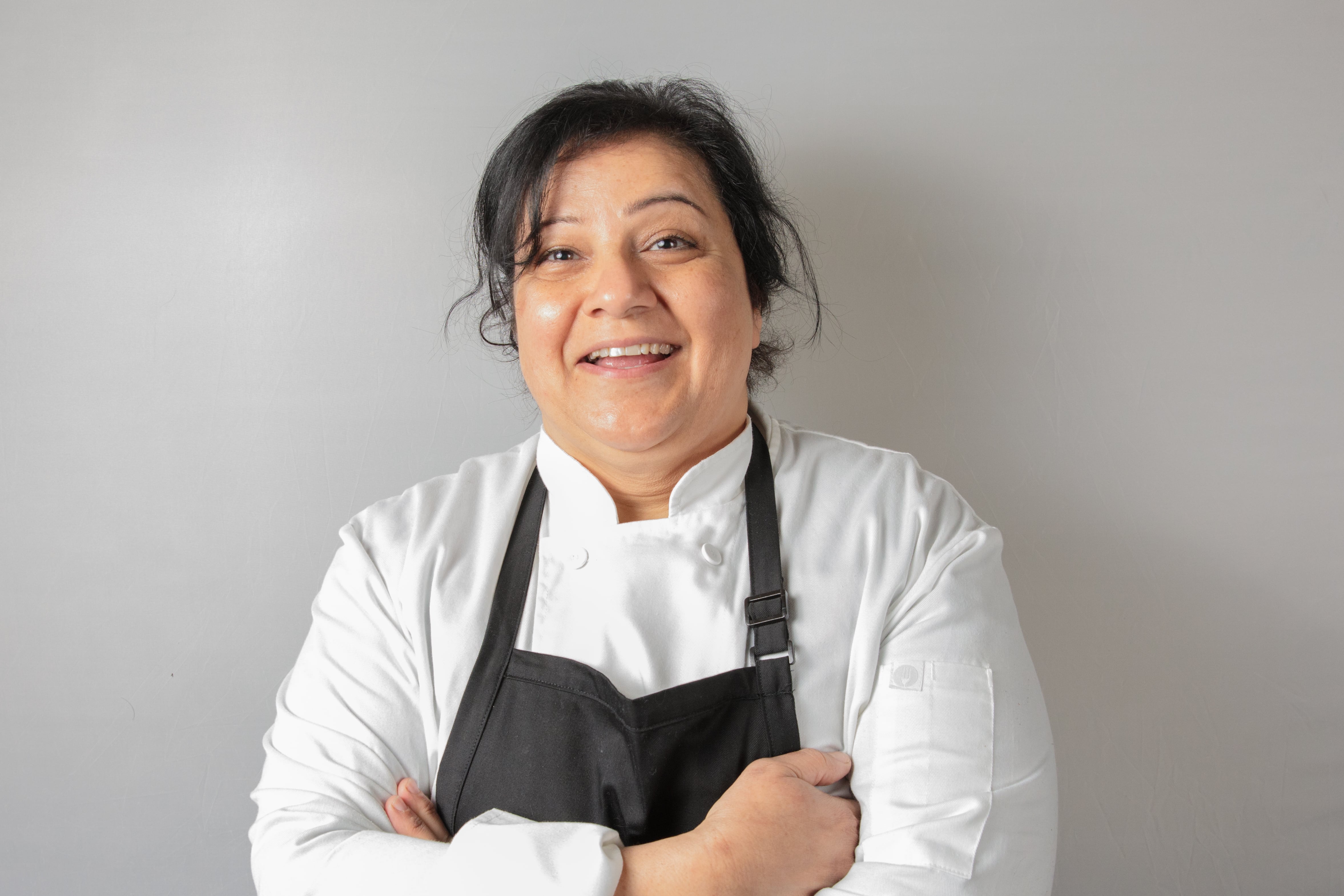
Stosie Madi, chef-patron, the Parkers Arms
It is fair to say after the Jason Atherton comments in The Times about not witnessing sexism in the kitchen and the consequent indignant furore that followed by top women in the industry, we know that equality in the hospitality industry is a long, long way away.
Some 30-plus years in the industry has left me yearning for the day when I can proudly see women and men representing our great industry.
The main issue being far too little women in leadership roles. Historically, the hospitality industry was male-led and, like in every industry, there has to be change.
Women have been trying to break through for years. In some instances, we have come a long way but mostly, I’d say, there is much to do for women to have good representation in hospitality.
Getting more women in leadership roles in the industry is crucial to achieve gender parity.
We need more female founders, co-founders, pub owners, managerial roles and in executive and head chef roles to name but a few.
Discouraging restaurant owners from employing all male brigades is very important. Owners and founders should actively try and include as many women as possible in their workforce, in managerial and leadership positions.
Stop pushing women in the kitchens towards the pastry section.
Invest in training female front of house into managerial positions.
Operators should shout about the women in their workforce and industry publications should cover these frequently.
All male brigades appear daunting to women. Women are aware of what too much testosterone can mean. Balance is the best way forward. The secret to achieving balance in kitchens is to get men in the industry to help stamp out sexism in all parts of the operation. Employ more women and call it (sexism) out and make it is not encouraged.
Investors should actively seek out great female chefs and invest in them not just those with a star or all the usual males that have Michelin stars or won on Great British Menu.
There have been many women who have been on Great British Menu with great reputations that would benefit from investment but they do not get a look in. Investors continually invest in the usual male suspects, whose businesses fold within six to 18 months and often the same male chef gets further investment down the line whereas there are very capable female chefs out who never get offered investment and therefore cannot get their foot in the door.
Male chefs should recommend female chefs to guide books such as Michelin, which is glaringly notorious at excluding women.
If the industry press and mainstream media, male chefs and the general public stopped making such a big deal about the Michelin guides and called them out for the sexist exclusion of women, they would certainly consider including a myriad of women in their annual awards.
Instead, they get away with the pathetic patronising video they showed this year at the UK awards as a sorry excuse for not including women. Not one male chef present at the Michelin awards 2025 or from more than 20 males and only one female on the stage line-up called them out for it. Not even when the only female presented with an award was given an ill-fitting male jacket.
And why would they? Why would anyone? It is financial and career suicide but someone should be brave enough and it should not just be swept under the carpet until next year.
All of the above will encourage more women into the industry, when women realise male colleagues have got their backs and they can break through the ceiling, there is then incentive to enter the industry.
Publications such as The Morning Advertiser and all industry magazines should help with industry-wide educational articles on sexism and how to recognise it.
They should applaud males who help push women forward by giving them leadership roles and the industry celebrate high achieving and industry women across the board weekly, monthly, etc. in their publications and awards. They should be invited regularly to feature in panels, TV shows and all media that only seem to propagate or find the usual male suspects, some of which have passed their sell by date and relevance.
There are some new businesses out there with great men helping the cause. There is change but, sadly, it is too slow and too little. It is time for males throughout the industry to help the cause – only then will gender parity be achieved.
I am fortunate to have always had the means to open and run my own businesses and to not have worked for anyone so I cannot talk from experience about sexist abuse in my workplace but the stories from females colleagues of whom some have now left the industry are scary.
Even so my business partner Mrs Kathy Smith and myself still get bypassed on decision making on a daily basis by unknowing guests and suppliers in favour of any male team member probably being the person in authority over us. Heaven forbid that a woman could possibly be in charge of decision making. It is mostly taken for granted that the male must the authoritive person.
The open letter sent to the media last week says it all.
The problem is fundamental – so come on gentlemen, do the right thing. It is time to do your part. To all the women out there keep up the good fight.
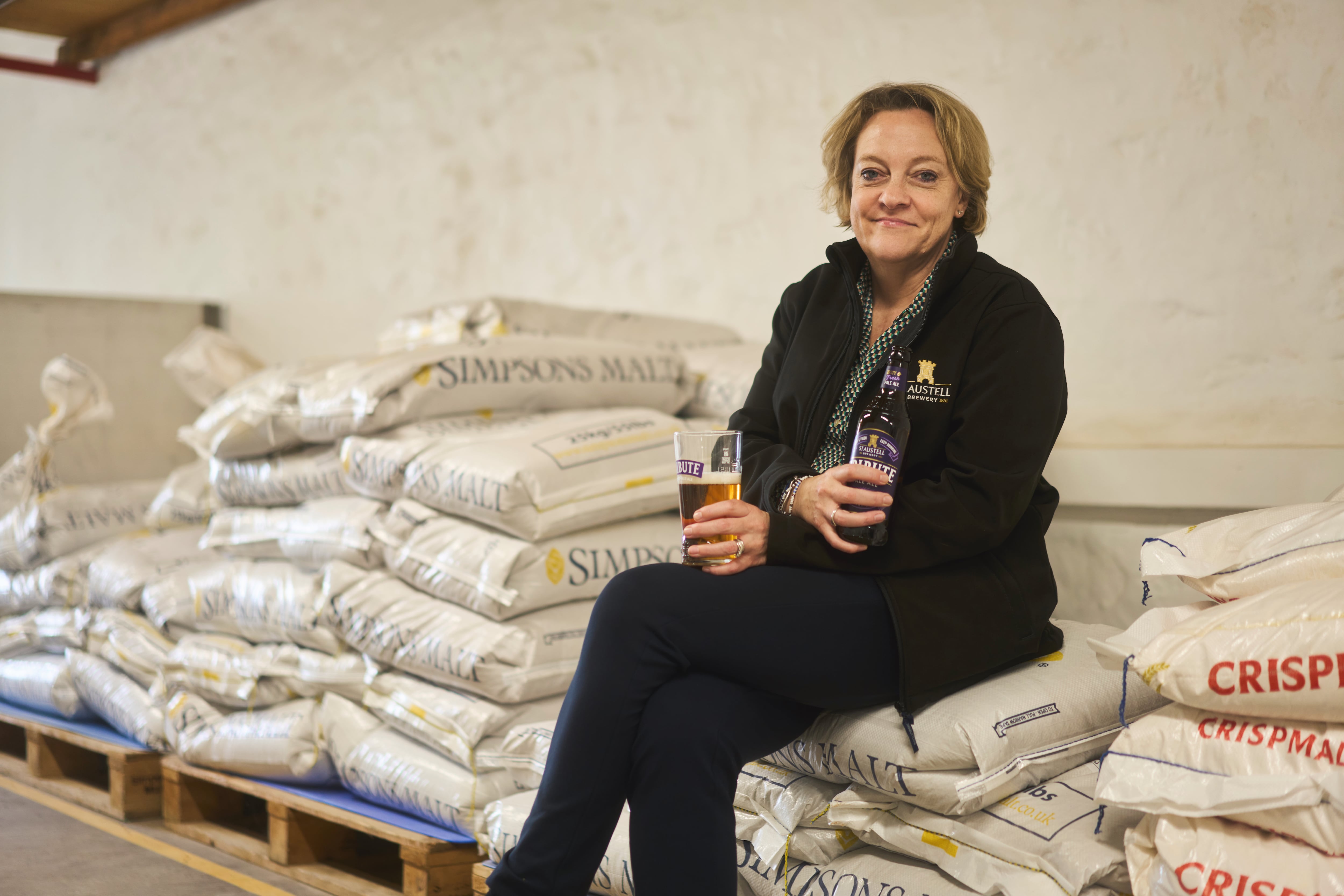
Georgina Young, brewing director, St Austell Brewery
I’m passionate about breaking down barriers for entry into brewing for everyone. That’s why I was part of starting the trailblazer group scheme established in 2019 for the Brewing Apprenticeship programme with University of Nottingham.
Through this we’ve taken on nine brewing apprentices over the past three years to provide succession and opportunities to work across brewing and packaging. It’s about identifying those obstacles and working on ideas which will find and bring new talent in.
To me, it’s about being present and putting your voice out there in your industry and taking swift and decisive steps to achieve gender equality.
Being seen and heard is one of the best ways to fly the flag for women in our space and inspire others to see a route into brewing and the wider sector, challenging that view that it’s an industry for men.
There is now more visibility of women doing great things in the sector, but we need to champion these throughout the year, not just for International Women’s Day. We need to keep addressing the barriers and biases that women face, both in personal and professional spheres.
There are lots of opportunities for women in hospitality and in management positions but selection in these roles must be fair and ensure we don’t discriminate.
Lauren Hutchison, licensee, the Steadings, Kirkcaldy
I began in hospitality working in a chip shop at the age of 13 before taking a part-time job in a pub run by a small, multiple operator.
I worked in the kitchen and learned the basics of running a bar service before becoming an assistant to the director with involvement in behind-the-scenes operations and management.
Aged 23, I applied to take the lease on The Steadings, a Star Pubs site in Kirkcaldy. The venue had been closed for four years but I could see the potential this 165-cover venue offered and relaunched it in March 2023.
I’ve revamped it inside and out and filled a gap in the local market for an affordable good-quality family-friendly pub focused on food – and achieved this while bringing up my daughter, who is now seven.
Strong female role models will really shift the dial on equality and be incredibly motivating for young women starting out.
The industry, its supply chain and supporting services are all male-dominated. Women need to stand strong and make sure we’re seen and heard – while always remembering it’s about gender equality, not trying to overtake men. Confidence is vital.
When we’re in a room full of men, we need the courage to speak up. Successful women must lead from the front and demonstrate to other women that they can go as far as they like with hard work, determination and commitment.
Employers will play a massive part in accelerating gender equality. It’s our responsibility to encourage women to progress by making sure the industry offers the training and career paths that will enable them to move up the ladder.
Some people don’t want to go further and that’s fine. As employers we must work closely with our teams to identify who has the potential and ambition to move up and then support them in doing so. I let my bar team enjoy the fun parts of the job – serving and chatting to customers – but also encourage them to step back and see there’s more to hospitality and it can be a real career.
More broadly we all need to call out outdated and patronising views of women – whether these come from customers, suppliers or colleagues.
I’m young, blonde and female, so people often have misconceptions about me – for example, that I won’t understand business or that my family must have bankrolled me to get my pub. I find humour is the best way of countering this and gently educating people that women are just as capable as men.
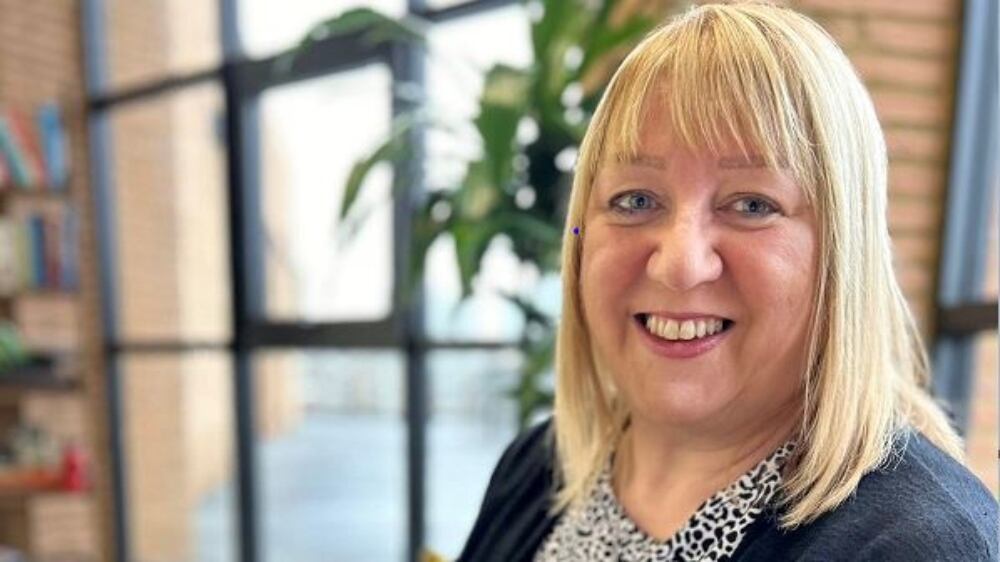
Tracy Bickerdike, head of training, Star Pubs
Hospitality has a high percentage of women and as such it is very female friendly with the flexibility for a family life to co-exist alongside a career.
This used to be a barrier before, leaving women to choose between a family and a career. A number of women now hold top jobs. In Star Pubs, 50% of the leadership team is made up of women.
Twenty years ago, I was the only female in a team of business development managers. Now women account for 25% to 50% of operational jobs – especially at Star Pubs.
The job remuneration and contracts and agreements are all gender neutral.
The limiting factor is women’s lack of self-belief. To address this, senior women need to be seen and heard more. They need to share information about the career paths they took and how it is possible to juggle a family and a career.
Women also need to think beyond the next role. They need to think three career steps in advance and to get better at networking. Heineken has a Female Leadership Programme to help women accelerate careers. More of this type of initiative is needed.
Personal development plans and training are key to help women reach their goals. I have seen the difference that this makes with our JAT (Just Add Talent) Academy, which helps pub staff gain the skills and knowledge needed to take on one of our managed operator pubs.
Three out of the five operators who have gone through this programme in the last year and taken on pubs are women. Had they not been nominated, encouraged, and had a clear development path to follow they may not have put themselves forward and progressed to the next stage.
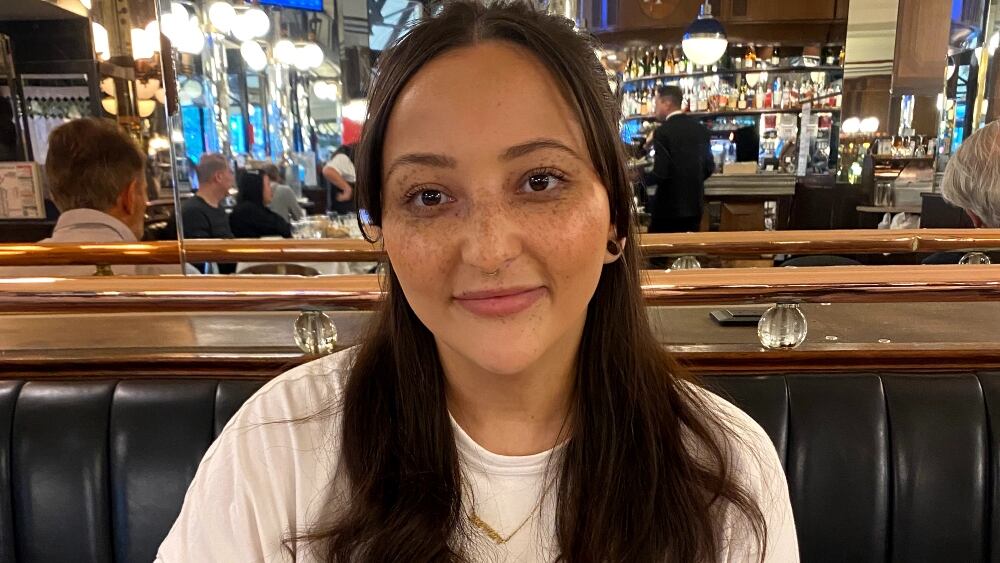
Holly Graham, general manager of two sites, NEOS Hospitality
The main points for me to ‘Accelerate Action’ has to come from inclusive hiring, advertising internally as well as externally, interviewing extensively and not just cherry-picking people for roles.
A lot of companies don’t do this properly and it can leave a lot of women overlooked for roles they would have been more than capable of even though it may not have been thought of as a ‘woman’s role' so avoiding stereotyping is key.
Businesses must respect culture, listening to (and asking for) people’s opinions and ideas on all levels roles and genders.
And they need to promote a safe work environment (this is especially important in hospitality) and focus on ending harassment in the workplace so that women feel safe and comfortable to thrive.


